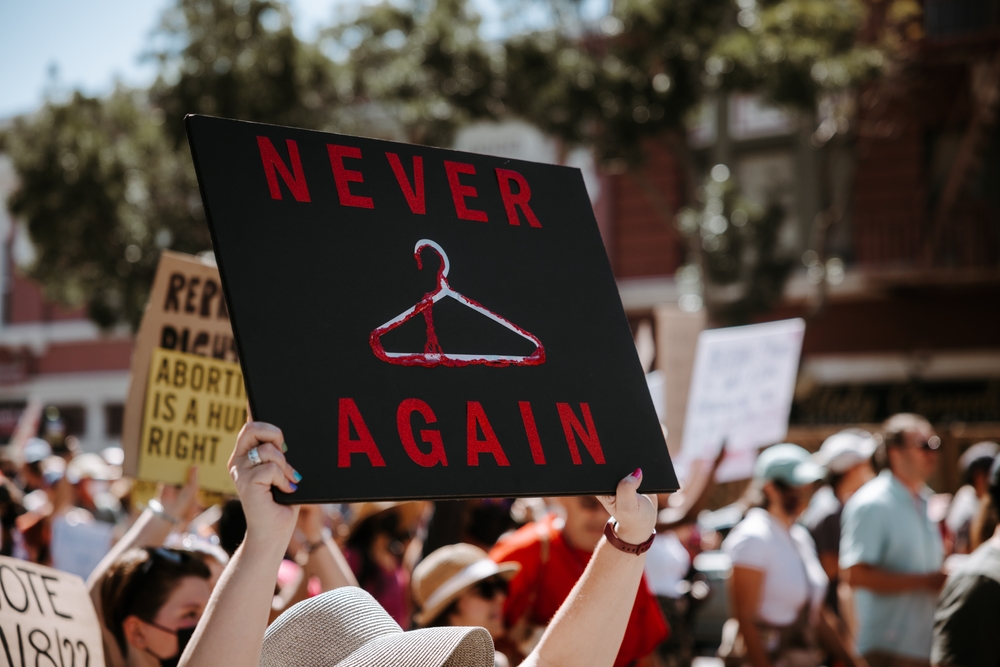Self-determination under pressure? The right to abortion in Europe
The Dossier introduces how European institutions deal with the right to abortion. The focus is on current political initiatives in which the European Parliament plays a particularly active role.
In an interview, Caroline Hickson, Regional Director of the International Planned Parenthood Federation European Network (IPPF EN), and Leah Hoctor, Senior Regional Director for Europe at the Center for Reproductive Rights, talk about how their organisations campaign for the right to abortion in Europe and what type of support they need and demand from the European Union.
This is even more important against the backdrop of reactionary counter forces who are transnationally connected: Opponents of a right to abortion do not just seek to ban pregnancy terminations, they also question gender equality across Europe. As a result, they threaten democracy, human rights, and the rule of law.
The Dossier was published on the occasion of International Safe Abortion Day, the international day of action for the right to safe and legal access to abortion on September 28.
Regulation and provision of abortion
The freedom to decide whether and by what means a person wishes to conceive and bear children is also enshrined in human rights and is a basic requirement of gender equality. Restrictive regulations of abortions violate human rights and endanger the health of pregnant women*, non-binary, and trans* people who seek an abortion. The World Health Organisation recommends for states to enable swift access to safe abortions. However, the realities in EU Member States vary from those recommendations.
The Working Paper compares regulations, coverage of costs, and provision as well as data on abortions in Germany, France, the Netherlands, Sweden, and Spain. It contrasts existing regulations and practices with the recommendations of the World Health Organisation, human rights standards of reproductive and sexual rights, and the concept of reproductive justice. All five EU Member States should improve their regulation and provision of abortions to guarantee the rights and health of pregnant persons effectively.















